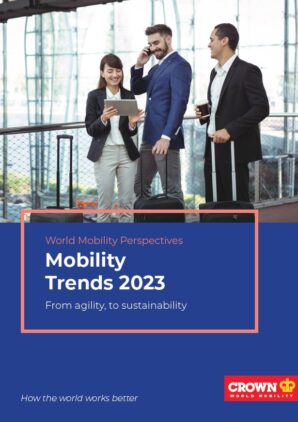Countries and companies were forced recently to evacuate their citizens and employees from Sudan, as civilians became caught up in fighting between the army and a paramilitary force.
The struggle to get people out of the country was well-documented, as nations sought to overcome the challenges posed by coordinating evacuations using limited infrastructure, and between fragile ceasefires.
But this isn’t the first time that companies have been forced to respond rapidly to ensure the safety of their people, and these scenarios occur frequently, particularly in developing countries that lack political stability or where there is a heightened risk of war breaking out. The mass evacuation of people out of Ukraine in 2022 is another recent example, and Crown World Mobility worked closely with clients to rapidly relocate employees as Russia’s invasion began.
When companies have employees on assignment or located in countries beholden to crises, it poses all sorts of questions for mobility teams.
In our latest video, Catilin Pyett, Consulting Lead at Crown World Mobility, speaks to Yoshiro Fukuma, Regional Security Director at International SOS, a company that supports client organizations in making effective decisions and managing crises, including security evacuations.
The conversation covers what HR and mobility teams need to consider and prepare in the event they need to evacuate staff from a country embroiled in a dangerous crisis.





